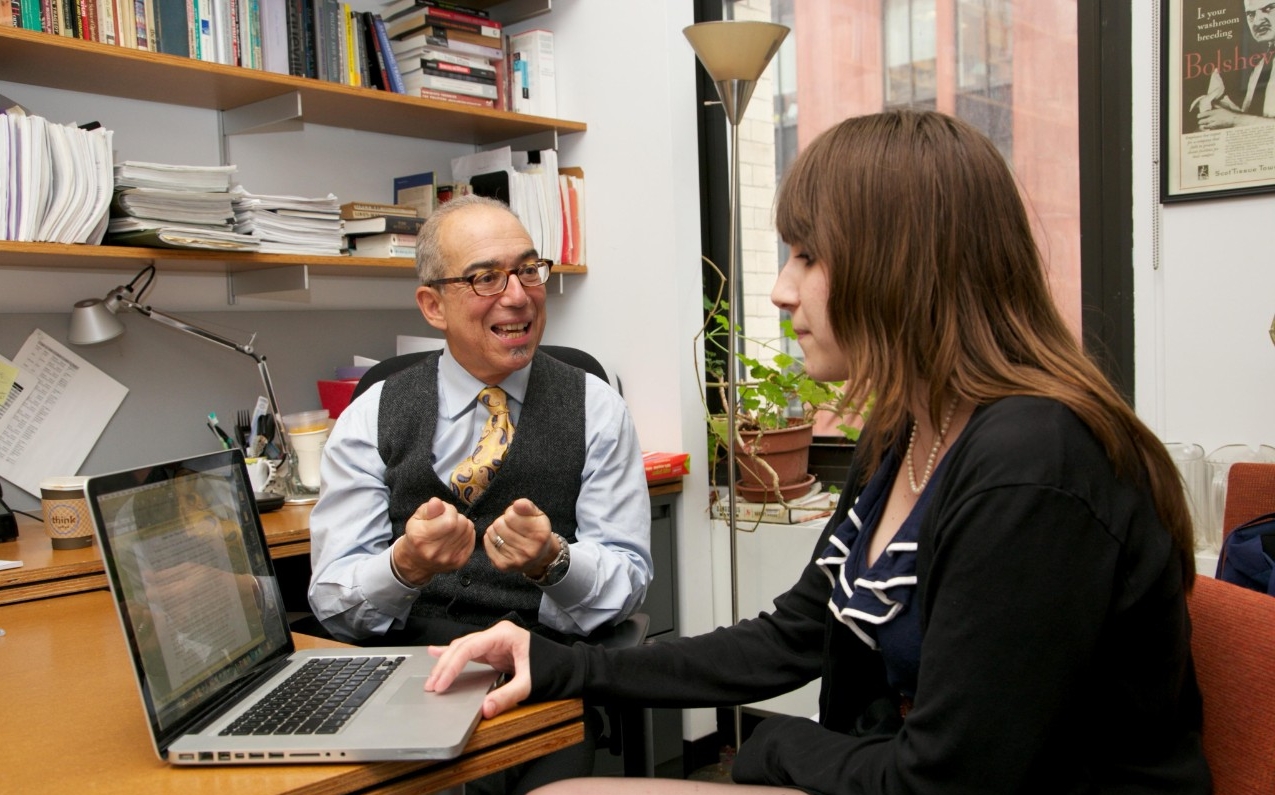It wasn’t long ago that the concept of individualized education plans (IEPs) were stigmatized to only apply to students with cognitive disabilities. Today, however, more school districts and institutions of higher learning are beginning to adopt individualized lesson plans, assignments, diplomas and degrees for students who show distinct levels of aptitude in given subject areas.
Traditional IEPs serve to make accommodations for shortfalls in a student’s ability to process and learn various educational concepts, and many current educators are coming to a new understanding of the value of individualized instruction.
While many under-performing students can benefit greatly from IEPs, there is also a population at the opposite end of the spectrum with its own brand of individual needs. These students display a level of independence in both academic ability and thought that make standard curricula and majors obstacles to the learning process. They require education plans that are tailor-made for their unique abilities.
This is why more educational institutions — from high schools to universities offering advanced-degree programs — are beginning to adapt their requirements for graduation to cater to this unique group of exceptional students. This is a trend that is sure to continue gaining momentum as we approach the new decade, but what are the real benefits? In truth, there are too many to list in just one article.
Case study after case study prove that an individualized approach to education is likely to create major shifts in schooling/instructional paradigms at every level, and that shift appears to be slowly working its way down the line from colleges and universities to public high schools. Before much longer, students are likely to be exposed to individual courses of study as early on as elementary school.
For now, however, we will keep our focus on higher education and college preparatory programs.

Benefits of Individualized Education
Currently, individualized majors and degree programs are currently reserved for students that show unique self-starting abilities and those who display a level of independence that allows them to pick and choose courses that best reflect their own interests and abilities. The result is an increasingly eclectic offering of degree programs that are truly unique to the student or group of students that choose to pursue them.
As early as 2012, this concept caught the attention of The New York Times, who ran a story on certain specific schools like New York University’s Gallatin. Gallatin was among the first institutes of higher learning to adopt an individual degree model and its success strategies continue to gain the attention of other schools across the country today. If there is currently a gold standard to the individual degree concept, Gallatin not only sets it, but continuously raises the bar.
If by any chance you get too caught up in your favorite course and end up forgetting about the rest all hope is not lost. There are a number of academic helpers available online that can come in handy when faced with such a precarious situation. Whether it is a research paper or a simple outline, sometimes it is best to submit a write my essay request to professional writers instead of repeating the class.
Some schools, however, are not as quick to abandon all traditional paradigms, opting instead for hybrid degrees that involve adjustments like double majors and additional flexibility in the area of prerequisites. These schools maintain traditional degree paths while allowing room for individual students to tailor certain requirements to their own interests or desired concentrations of study.
The Individualized Education Journey
For some students, the journey into self-guided study begins even earlier. A growing trend, particularly in charter schools (but also some mainstream public high schools), is to begin individualizing courses of study for students who show exceptional ability in various areas of academics while still in high school. The benefits to this are several-fold.
First, schools like Gallatin are extremely competitive, yet they leave plenty of room for eclectic — and even downright quirky — degree programs. The same New York Times article cites degree programs like “Keepin’ it Real” and “Grand Romantic Gestures” as some that have been approved by the school and around which entire degree programs have been developed.
While the names may seem a bit nonsensical, a closer look reveals a plan that is the result of considerable thought and preparation on the part of the student. Some might even think calling a degree “Keepin’ It Real” is a mockery to the higher education process (the contraction alone being a huge potential source of migraines for an academic dean), but when one examines the program itself, its legitimacy becomes clear.
The program in question was actually designed by a student whose future plans involved working in the entertainment industry. His goal was to study “pop culture and the purity of art” in preparation for later professional pursuits, and Gallatin agreed to work with him.

Individualized Undergrad Majors
Building a major from the ground up is no small task and, for many institutes of higher learning, leaving the responsibility in the hands of an 18-year-old freshman is still thought to be irresponsible and unmanageable. As schools like Gallatin continue to challenge that idea, though, more colleges are hopping on the bandwagon. A simple Google search for “individualized degrees” reveals a specific trend that more colleges and universities are adopting every year.
As mentioned, some of those schools have simply hybridized degree programs to create more flexibility, but there are many that have begun using their own branded versions of the Gallatin system to place the vast majority of control over the requirements of the degree in the hands of the student.
Some schools, like Wisconsin Indianhead Technical College, are abandoning specific course prerequisites and allowing for more electives. Students are required only to accrue a specific number of credits in a given area of study to earn a degree. Students at WITC work within a traditional course framework, but are allowed to tailor actual courses to satisfy the requirements of their own degree.
While not the most liberal of individual education models, it is a definite step in the right direction that provides a unique and engaging experience for the student.
Individualized Degree Requirements
Schools like Gallatin that place a heavy emphasis on individual degrees also place an equally heavy emphasis on planning and support. With some students literally designing courses from the bottom up, a solid foundation of rules and guidelines is necessary for success.
The development process is not easy. While academic advisors and professors understand and expect to see proposals that span the educational spectrum, it is important to also guard the reputation of the institution and guide the student into a degree program with practical application.
“Keepin’ It Real” was approved because the course of study aligned well with the student’s employment/vocational objectives and could be translated into a real-world career. To that end, individualized degrees could have an even greater impact on a student’s employability than a standard prerequisite-driven degree or certificate. One look at a student’s transcript can tell a prospective employer how prepared the applicant really is for the job based on the courses selected or developed to satisfy the requirements of his or her degree.
The ability to design courses or coursework requirements also provides a sense of micro-focus that traditional paths simply don’t offer. This can also have a major impact on an employer’s decision to hire or not hire.
The one danger in all of this lies in things like oversight on the part of the student to the types of training employers in a given field expect. This is why, in schools that offer individual degree programs, academic advisors work closely with students to ensure that the courses students select or develop will carry a high enough degree of marketability to land them a job.
Is Individualized Education the Future?
By all accounts, traditional degree programs aren’t going away anytime soon. The vast majority of students still benefit from fully-guided and pre-determined curricula that will help them land jobs in traditional fields.
It is, however, necessary to consider the self-starters, innovators, and thought leaders of the future whose needs will be better served by a more personal and individual approach. For those students, the future is looking bright and the opportunities to steer their own academic experiences are definitely on the increase.












